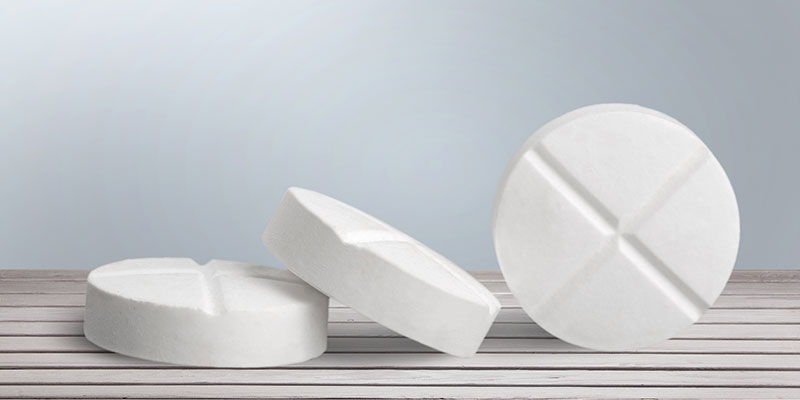Location
Our Seattle Location
Northpoint Seattle’s outpatient treatment program is located in beautiful Seattle, Washington, and we work to help the surrounding communities.
- Seattle
2111 N Northgate Way Suite 101,
Seattle, WA 98133, United States
Even though it is not a prescription, the supplement phenibut can be highly addictive. Companies selling the nootropic claim it enhances focus and increases happiness. People who abuse phenibut describe the experience as feeling trapped by the side effects. Severe withdrawal symptoms can occur within just a few doses.
If you or a loved one struggles with phenibut abuse, it might be time to get help. Call us today at [Direct] to start a phenibut addiction treatment program in Seattle
Phenibut is available in the U.S. as an over-the-counter supplement many people begin taking for its mild sedative effects. In lower doses, the substance does have a calming effect on the nervous system. But, as a person's tolerance grows, they seek higher doses. These increased doses can lead to an euphoric high and stimulating effects.
Even though it does have therapeutic uses, phenibut is usually taken recreationally. It produces euphoric sensations, and people like it because they believe it makes them more social. It can take a few doses before people experience the full effects because the body has to take some time to acclimate to it. Many first-time users believe that it does not work for them, but after subsequent doses, it does.

Like most drugs and supplements, phenibut comes with a significant list of side effects. Some of these side effects are dangerous, especially when taken at a high dose for an extended time..
The most common side effects of Phenibut include:
Despite these side effects, phenibut is highly addictive, and many people who use it feel dependent on the substance. Their dependence may stem from the intense hangover they feel after the effects of the substance have worn off, making them feel miserable. Often, they retake the supplement to get rid of their nausea or headache.
When a person begins taking phenibut, it should be relatively safe as long as they take a low dose. But there can be issues once they start increasing their dosage amount.
Some signs of a phenibut addiction include:
After recognizing the signs of addiction, it is crucial to get treatment right away. Receiving detox and rehab treatment can help break the cycle of addiction and lessen withdrawal symptoms.
People who become addicted to phenibut start taking it for a specific reason. It was their answer to treating anxiety, pain, or even simple stress for many of them. They felt that it would help them with their symptoms, and eventually, it turned into an addiction.
If you or a loved one is ready to begin the road to recovery, our intensive outpatient program can help build the skills needed to succeed in sobriety. Our phenibut rehab program often includes:
If you are ready to start the road to recovery, we can offer you a valuable referral to a detox program before beginning our outpatient rehab program. Once you have detoxed, we will work with you to build the tools for recovery with minimal disruptions. Call us at[Direct] to get started today.

Our admissions coordinators are here to help you get started with treatment the right way. They'll verify your health insurance, help set up travel arrangements, and make sure your transition into treatment is smooth and hassle-free.
[DirectNumber] Contact Us